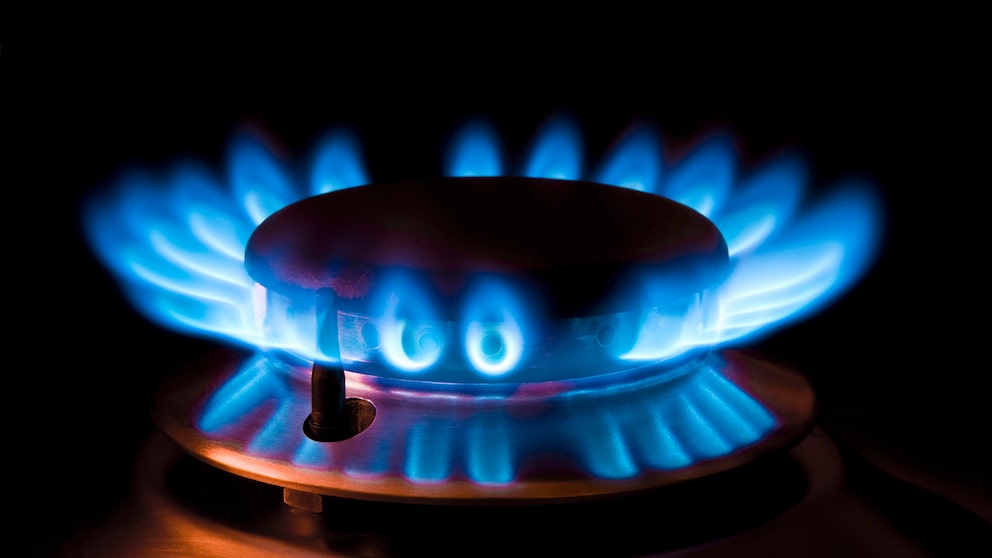October 10, 2024, 10:44 am | Read time: 2 minutes
Some regions in Germany are still supplied with L-gas. However, the subsidy is decreasing. As a result, many heating systems and boilers will have to be converted to H-gas. myHOMEBOOK explains what this means for gas customers.
In some federal states, the gas supply is being changed. Instead of L-gas (low caloric gas) as before, households will receive H-gas (high caloric gas). The difference between the two is that H-gas has a higher proportion of combustible hydrocarbons and, therefore, a higher energy content than L-gas.
The changeover should also secure the gas supply in Germany in the future. This is because there are still two different qualities of natural gas in Germany, which are transported in separate networks.
Who is affected by the switch to H-gas?
The changeover mainly affects the north-west of Germany. According to the Rhineland-Palatinate consumer advice center, these are primarily the federal states of Bremen, Lower Saxony, North Rhine-Westphalia, Hesse, and Saxony-Anhalt, as they are located close to the German deposits and along the Dutch import pipelines.
L-gas comes from German and Dutch deposits. However, as production is declining, Dutch L-gas will no longer flow to Germany from around 2030. H-gas, on the other hand, mainly comes from Norway, Russia, and the UK.
Do appliances have to be converted for H-gas?
In order to make the switch, appliances that burn L-gas must actually be converted or partially replaced, explains the Rhineland-Palatinate consumer advice center. This applies, for example, to gas boilers, ovens, fireplaces, stoves, and instantaneous gas water heaters.
Who bears the costs?
The costs for the conversion are borne by the network operator and passed on to all gas customers via the network charges, explains Max Müller, energy law expert at the consumer advice center. However, the changeover is scheduled to take place over a long period of time – until 2030, presumably shorter in some federal states. According to the expert, the costs for gas customers are therefore hardly significant.

Refurbishment KfW heating subsidy from September! Who can apply for the subsidy

Harmful to health Lead in tap water! What you should do

Helps the garden, saves water How households can use rainwater
Can you get subsidies?
Anyone affected by a replacement can apply for a subsidy of 100 euros per appliance from the network operator for a new appliance and up to 500 euros for heating systems, depending on the age of the appliance.
Müller explains that anyone who wants to upgrade voluntarily as part of the replacement campaign is also entitled to the subsidy. Only appliances that are more than 25 years old are not eligible. Incidentally, anyone who refuses to take part in the changeover must expect the connection point to be closed.
The German original of this article was published in August 2019.

